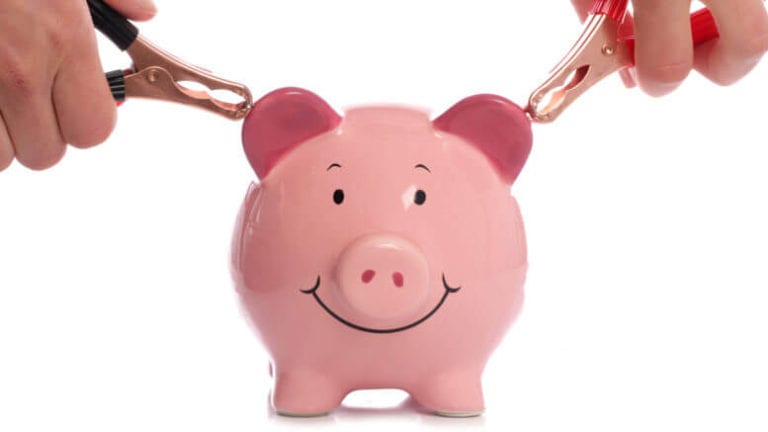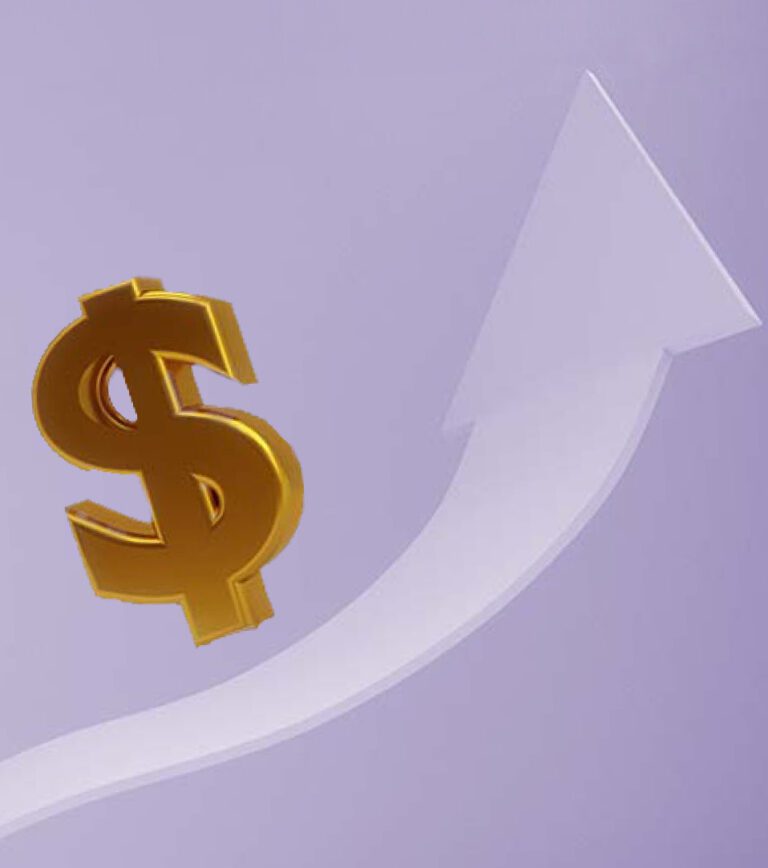Industry analyst Jerry Epperson predicted a favorable trade agreement between White House and Chinese leaders is in the works and will be announced before the Nov. 6 midterm elections.
“(President Trump) is a smart businessman and I have to believe this is not going to happen,” said Epperson, of Mann, Armistead & Epperson, LTD. “Nobody wins in this deal. Not the manufacturers, not the retailers and certainly not the consumers.”
Epperson’s remarks came at the end of his biannual talk with HFA members and furniture manufacturers at the Retailer Resource Center during High Point Market on Sunday.
Trump’s latest round of tariffs against China were signed into action Sept. 17, imposing tariffs on an additional $200 billion in Chinese goods that includes furniture. The signing triggered 10-percent tariffs on $200 billion of Chinese goods that include furniture. That tariff will increase to 25 percent on January 1.
Epperson said Trump’s recent trade deals with other countries are an indicator that a deal will be forthcoming between the two countries—possibly within the next three weeks before the mid-term elections.
“Take a look at the tactics our president used against the European Union earlier this year,” said Epperson. “There was a lot of talk, a lot of heated words, but when it came down to it an agreement was reached. The same thing happened last month with Canada. Both sides have benefitted in … trading more with each other.”
“I think a lot of this is political,” said Epperson. “We want this to sound like there’s a lot of high drama. We want this to sound testy, but it’s not.”
Epperson suspects the foundation for a trade agreement between the two countries is in place. “I think there’s a broad-based understanding already there that needs to have some meat on it,” he said. “That meat is being layered probably as we speak.”
Epperson said the current 10-percent tariff could easily be absorbed by vendors and their intermediaries, but the pending 25-percent spike would affect consumers. “If this trade cold war goes to January it only punishes our consumers,” he said. “(Trump) could do it out of ego or a negotiating stance, but why? He’s been so successful in Europe and Canada, he should be of the mentality, OK, now let’s take it where it counts—to China.”
The new tariffs will almost certainly drive up the cost of Chinese-made furniture and a range of other products ahead of the holiday shopping season, though it’s unclear how much. Epperson said many manufacturers anticipated the tariff and bought added inventory from their Chinese producers in advance. Other manufacturers have been proactive in moving their production sites to other Asian countries. Ashley, for example, is investing heavily in Vietnam, said Epperson.
“But none of those countries have the scale, efficiency and infrastructure that China does,” said Epperson. “That’s going to be hard to replicate so something needs to happen this year.”











